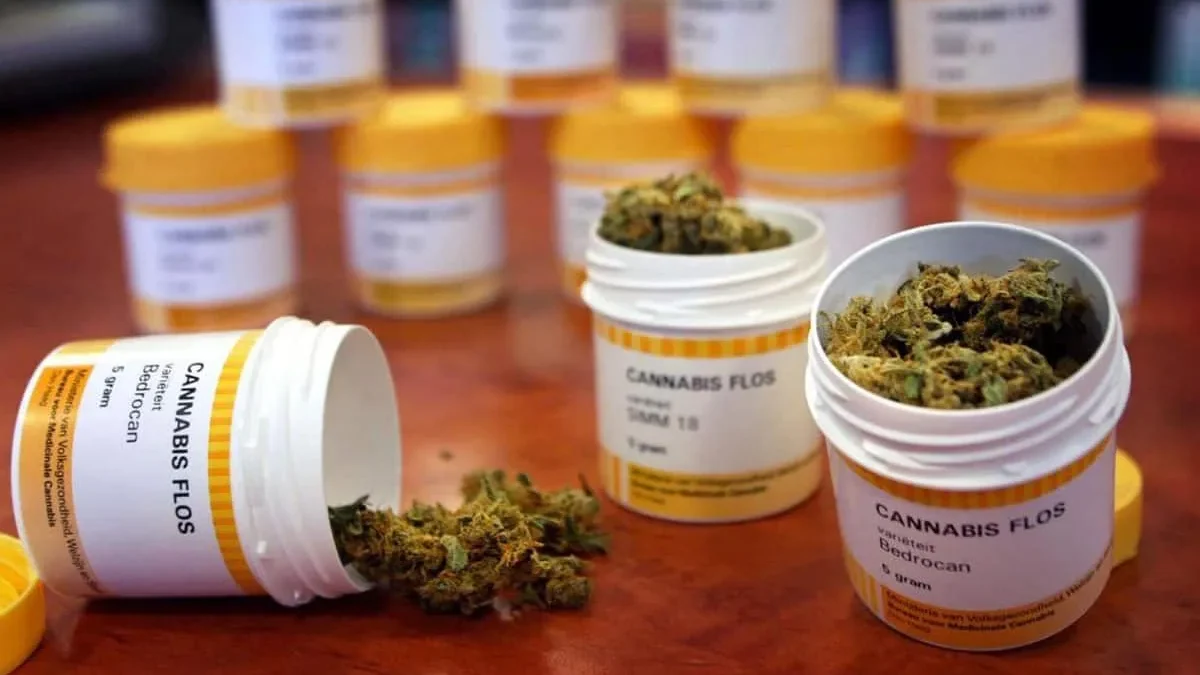
Introduction:
In recent years, the legalization of cannabis for medicinal and recreational use has sparked a proliferation of uk medical cannabis dispensary across various regions. These establishments play a crucial role in providing safe and regulated access to cannabis products. In this article, we’ll explore the ins and outs of dispensaries, covering everything from their purpose and types to regulations and best practices.
- Understanding Dispensaries: Dispensaries are specialized establishments where consumers can purchase cannabis products. They serve as a bridge between cannabis producers and end-users, offering a curated selection of products that cater to different preferences and needs.
- Types of Dispensaries: a. Medical Dispensaries: These establishments cater exclusively to individuals with a valid medical marijuana prescription. Staffed with knowledgeable professionals, medical dispensaries prioritize patient care and education. b. Recreational Dispensaries: Also known as adult-use dispensaries, these establishments sell cannabis products to individuals of legal age for recreational purposes. While medical dispensaries often require a prescription, recreational dispensaries generally only require proof of age.
- Regulations and Compliance: The cannabis industry is subject to a myriad of regulations to ensure consumer safety and product quality. Dispensaries must adhere to strict guidelines, including testing requirements, labeling standards, and security protocols. Understanding and complying with these regulations is paramount for dispensary owners and staff.
- Dispensary Products: Dispensaries offer a diverse range of cannabis products, including flowers, edibles, concentrates, tinctures, topicals, and more. Knowledgeable budtenders help customers navigate the selection, providing information on strain characteristics, consumption methods, and dosage recommendations.
- Customer Experience: Successful dispensaries prioritize customer experience by creating a welcoming and educational environment. Well-trained staff, clean and organized spaces, and educational resources contribute to a positive experience for customers, whether they are new to cannabis or experienced users.
- Community Engagement: Many dispensaries actively engage with their communities through events, educational workshops, and partnerships. This not only fosters a positive relationship with customers but also helps destigmatize cannabis use and promote responsible consumption.
- Technological Integration: Some dispensaries leverage technology to enhance the customer experience. Online ordering, mobile apps, and loyalty programs are examples of how dispensaries are incorporating technology to streamline operations and provide added convenience to customers.
- Challenges and Future Trends: Despite the growing acceptance of cannabis, dispensaries face challenges such as banking restrictions, evolving regulations, and social stigma. Looking ahead, trends such as increased product diversification, sustainable practices, and continued legalization efforts are shaping the future of dispensaries.
- Conclusion: Dispensaries are pivotal in normalizing cannabis use and ensuring safe access to products. As the industry continues to evolve, a commitment to compliance, customer education, and community engagement will be essential for the success of dispensaries. Whether you’re a seasoned cannabis enthusiast or a curious newcomer, dispensaries play a crucial role in providing a positive and informed cannabis experience.